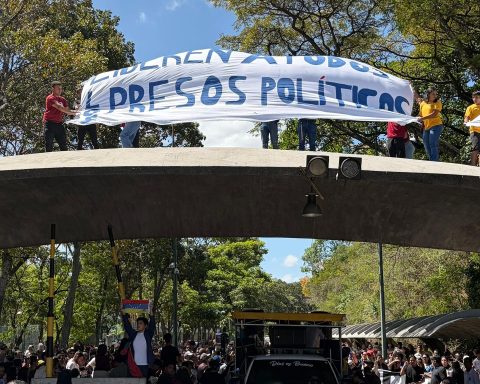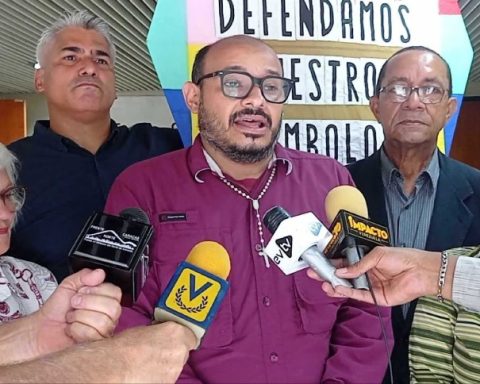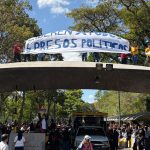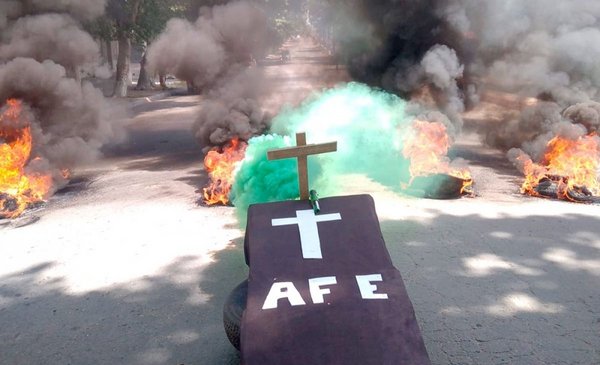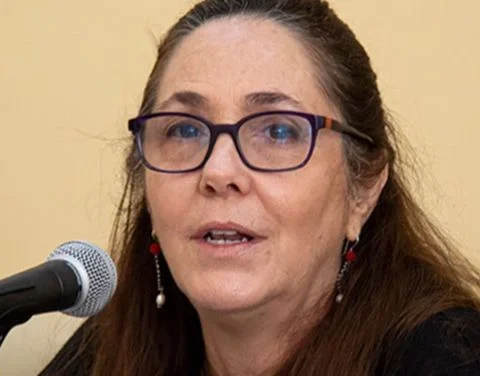Juan Carlos Alemán, deputy of the AN 2020, criticized that after the calls of the CNP on the Law of the Exercise of Journalism, they have not gone to the commission to debate more. For this reason, he said that it was not logical to close without listening to the proposals, but rather that discussion is necessary. He also spoke about the law on social networks, saying that he is close to taking the proposal to be discussed.
The deputy of the National Assembly elected in December 2020 Juan Carlos Alemán warned this Monday, November 21, that the representatives of the National College of Journalists (CNP), headed by Tinedo Guía, did not respond to the invitations made by the Communication Commission of the instance legislature, which appointed on Wednesday, July 13, work teams to review and reform the Journalism Practice Law in order to make it “more inclusive and adapt it to the new reality.”
in conversation with VTV, the official parliamentarian said that all humans are “communicators by nature” and that, in some way, the unions seek to be “excluded” from that right that belongs to everyone. He added that the purpose is to debate and listen to proposals, but he said that you cannot close on a position without knowing what is being proposed.
He believes that deep down it is a non-recognition of the National Assembly and a refusal to legislate.
Alemán called on all the communicators who promoted the revision of the Law on the Practice of Journalism to address the aforementioned commission and continue working in the work groups established to review pending issues, while pointing out that as it is a topic promoted by the citizenry, we must wait for them to be activated to continue with the work.
He recalled that the legal instruments “are changeable” due to the dynamics that are registered in the country and the legal instruments must be adapted to these requirements. For this reason, he stressed that the unions must make proposals to optimize the laws that will govern them before the 2020 National Assembly and they must listen to make a later decision in 2023 to meet those requirements.
The general secretary of the Caracas sectional National College of Journalists (CNP), Édgar Cárdenas, considered the July 18 that the announcement of the National Assembly to reform the current Law of the Exercise of Journalism has other different interests beyond giving preponderance to the so-called community journalism and that today they seek to give it the name of “alternative”.
Cárdenas criticized the fact that the CNP had not been invited to these meetings by the vice president of the National Assembly’s Commission for People’s Power and Communication, Carola Chávez, who stressed that the reform of the legal tool that regulates journalistic activity in the country was mainly based on in the recognition of those who did not study at universities, calling them “journalists of the university of life”.
*Read also: Andrés Azpúrua: “Social media law is a threat to human rights”
Not only the Journalism Law, but “regulate” social networks
On the other hand, Juan Carlos Alemán indicated that legislation is being worked on to “regulate” the use of social networks in Venezuela, which is advanced by deputy Ricardo González, clarifying that what is wanted is not to control but to establish regulations for use .
He stated that this was attempted when the Spring Law was reformed in 2011, but then social networks had not had the explosion and growth that they currently have. In this sense, they want to avoid damage to society due to elements such as fake news, discredit or bullying in schools.
It is planned to request the presence of the companies of the different social networks, such as Meta and Twitter, in Venezuela so that complaints can be directed and greater attention given to eventual claims. He did acknowledge that there is no legislation in this regard in the country, but they do not want to make an article that is restrictive either.
Post Views: 39

